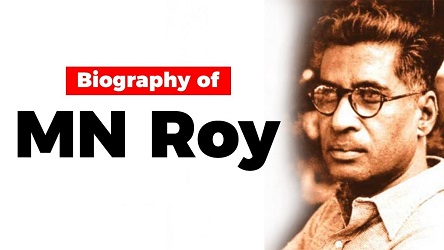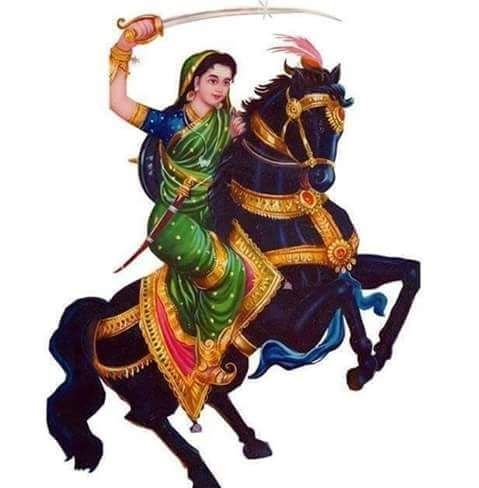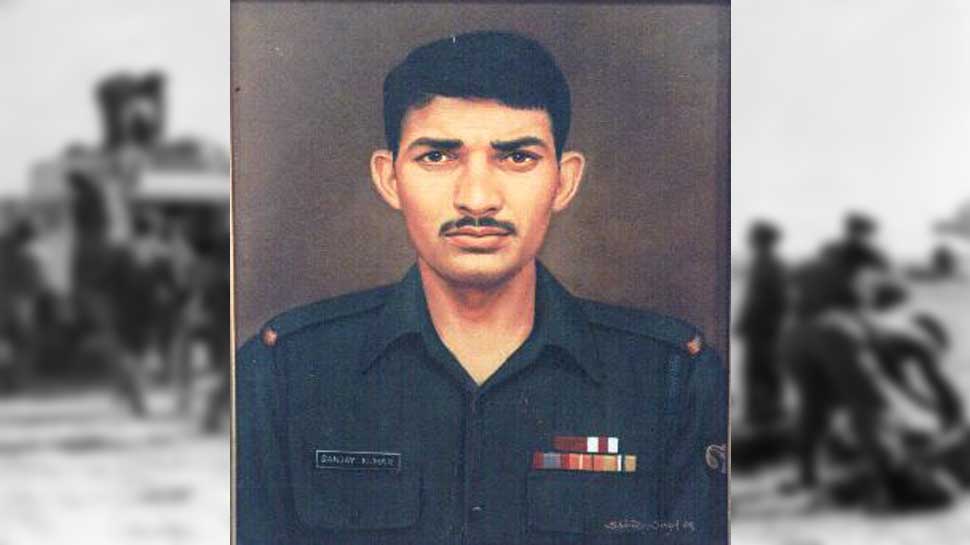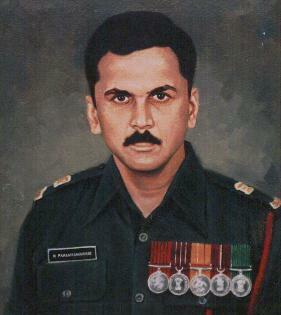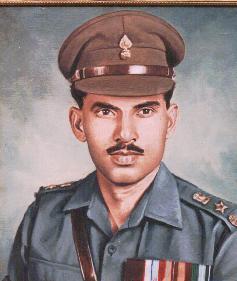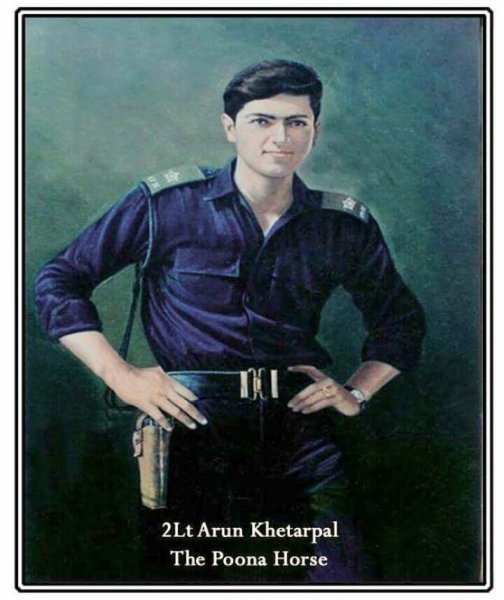M. N. Roy, short for Manabendra Nath Roy, was a towering figure in India’s struggle for independence and a prominent intellectual who made significant contributions to political theory, social reform, and the global socialist movement. Born on March 22, 1887, in Arbelia, West Bengal, Roy’s life journey was marked by a relentless pursuit of freedom, equality, and social justice. In this narrative, we delve into the life and legacy of M. N. Roy, tracing his evolution from a revolutionary activist to a visionary thinker and statesman.
Early Life and Revolutionary Activism
Manabendra Nath Roy was deeply influenced by the ideas of nationalism and social reform from a young age. In his early years, he became involved in revolutionary activities aimed at overthrowing British colonial rule in India. Roy played a significant role in the Bengal revolutionary movement and was associated with groups like the Anushilan Samiti and Jugantar.
Exile and Internationalism
Roy’s revolutionary activities led to his arrest and subsequent exile from India. He spent several years traveling across Europe and the United States, where he became exposed to a diverse array of political ideologies and movements. Inspired by the ideas of socialism and Marxism, Roy embraced the principles of internationalism and dedicated himself to the cause of global revolution.
Founding of the Communist Party of India
In 1920, M. N. Roy played a key role in the formation of the Communist Party of India (CPI), becoming one of its founding members. He envisioned the CPI as a vanguard of the Indian proletariat, dedicated to the overthrow of capitalism and the establishment of a socialist society. Roy’s intellectual leadership and organizational skills were instrumental in shaping the early trajectory of the Indian communist movement.
Contributions to Political Theory
M. N. Roy was not only a revolutionary activist but also a prolific writer and thinker. He made significant contributions to political theory, particularly in the areas of Marxism, socialism, and humanism. Roy’s synthesis of Marxist principles with his own ideas of radical humanism laid the groundwork for a distinctively Indian approach to socialist thought.
Break with the Communist Party
Despite his instrumental role in its formation, M. N. Roy eventually broke with the Communist Party of India over ideological differences. He became disillusioned with the authoritarianism of the Soviet Union under Joseph Stalin and advocated for a more libertarian and democratic form of socialism. Roy’s departure from the CPI marked a turning point in his political career and led to the formation of the Radical Democratic Party.
Legacy and Influence
M. N. Roy’s legacy extends far beyond the realm of Indian politics. His contributions to political theory and philosophy continue to resonate with scholars and activists around the world. Roy’s advocacy for humanism, secularism, and democratic socialism remains relevant in the contemporary context, offering insights into the challenges and possibilities of building a more just and equitable society.
Conclusion
In summary, M. N. Roy was a multifaceted figure whose life and work embodied the spirit of revolutionary zeal and intellectual inquiry. From his early days as a revolutionary activist to his later role as a pioneering thinker, Roy left an indelible mark on the trajectory of Indian politics and socialist thought. As we reflect on his legacy, we are reminded of the enduring importance of his ideas and the continued relevance of his vision for a more humane and egalitarian world.

